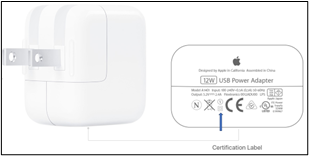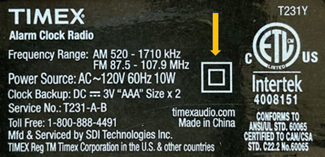





Education takes center stage at the 72nd AHCA/NCAL Convention & Expo with over 85 education sessions to choose from in 16 tracks of learning. You can earn up to 15.5 CEs. Hot topics include trauma-informed care, rebuilding census, infection control and prevention, workforce, reimbursement, and much more. Register by September 24 and save.
And SNF RNs Trained in Gerontological Nursing Get Better Patient Outcomes!
Gero Nurse Prep is on sale through November 15! Save $100 off the regular registration fee by using promo code GETGNP20 (all caps). AHCA/NCAL Gero Nurse Prep provides tremendous value at this AHCA/NCAL member $590 sale price. That’s less than $20 per contact hour for outstanding nursing education that makes a measurable difference on so many fronts. For RNs interested in pursuing Board certification through ANCC, there is an additional and separate cost of $395. Learn more by going to https://www.ahcancal.org/News-and-Communications/Blog/Pages/Gero-Nurse-Prep-is-the-Affordable-Pathway-for-RNs-Looking-to-Advance-Their-Gerontological-Nursing-Knowledge-&-Careers-.aspx
Gero Nurse Prep is on sale through November 15! Save $100 off the regular registration fee by using promo code GETGNP20 (all caps). AHCA/NCAL Gero Nurse Prep provides tremendous value at this AHCA/NCAL member $590 sale price. That’s less than $20 per contact hour for outstanding nursing education that makes a measurable difference on so many fronts. For RNs interested in pursuing Board certification through ANCC, there is an additional and separate cost of $395.
Established by the National Center for Assisted Living (NCAL) in 1995, National Assisted Living Week® provides a unique opportunity for residents, their loved ones, staff, volunteers, and the surrounding communities to recognize the role of assisted living in caring for America’s seniors and individuals with disabilities. The annual observance encourages assisted living communities around the country to offer a variety of events and activities to celebrate the individuals they serve, as well as to help educate members of the public about this distinctive aspect of long term care.
Find out more by going to https://www.ahcancal.org/Education-Events/Pages/NALW.aspx
Post Pandemic Litigation For Skilled Care And Assisted Living Facilities has already begun. Find out what facilities should do to protect themselves.
High county case rates and larger facility size are tied to COVID-19 outbreaks in skilled nursing facilities, according to a study from a leading operator.
Investigators from Genesis HealthCare, Brown University and Florida Atlantic University reviewed county, state and facility data from late April and early May. The study sample included 341 Genesis skilled nursing facilities in 25 states, along with more than 3,000 non-Genesis operators. Among Genesis facilities, 64 had implemented universal testing of all residents.
Researchers analyzed facility outbreaks, and (in the Genesis facilities only) the number of confirmed cases, fatalities and the effect of universal testing on case counts.
They found that higher facility bed count and COVID-19 prevalence in the surrounding county were the “most significant and consistent” predictors of large outbreaks and mortality rates among residents. In contrast, there was no consistent link between the likelihood of an outbreak and an operation’s Five-Star Quality Rating or infection control citations.
The results confirm the need for diagnostic testing access in high-risk areas, the investigators said. Federal resources should be allocated to locations where testing capacity remains limited, they added.